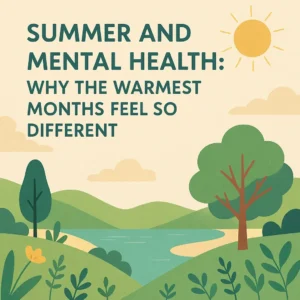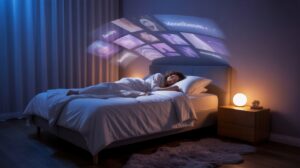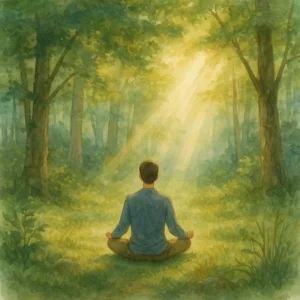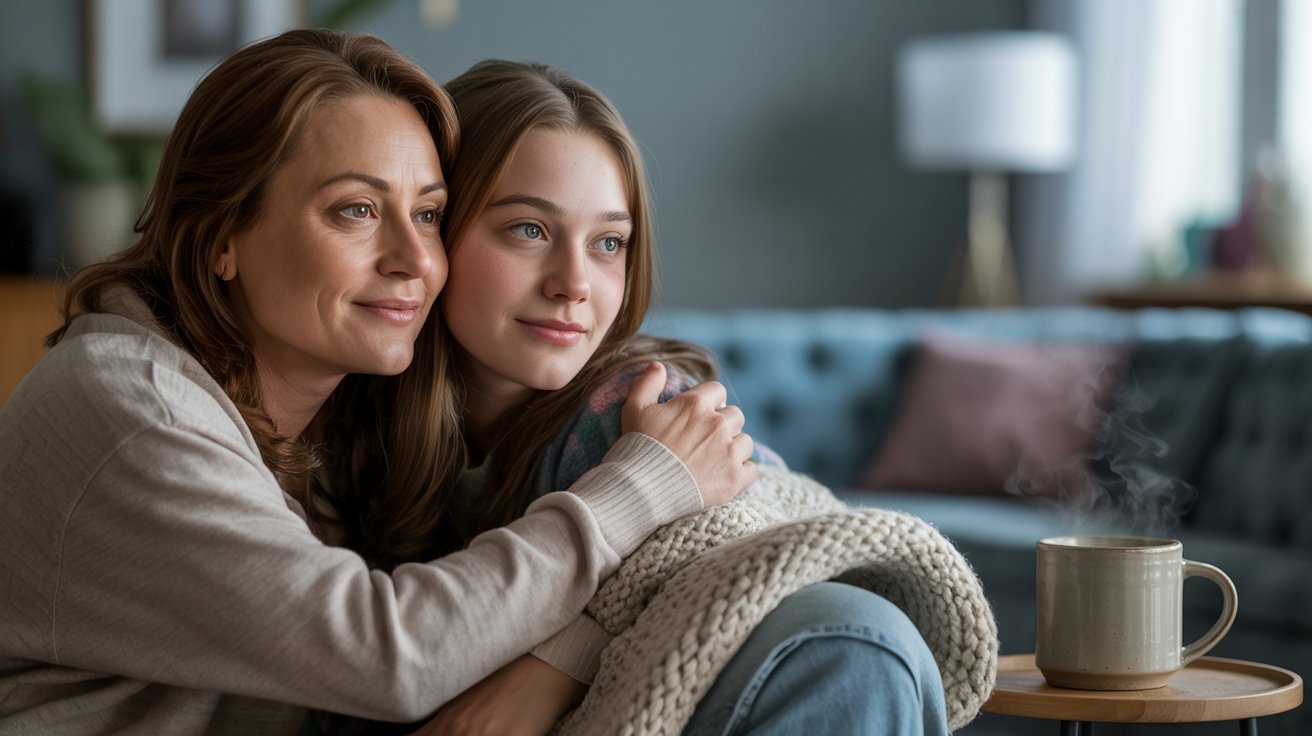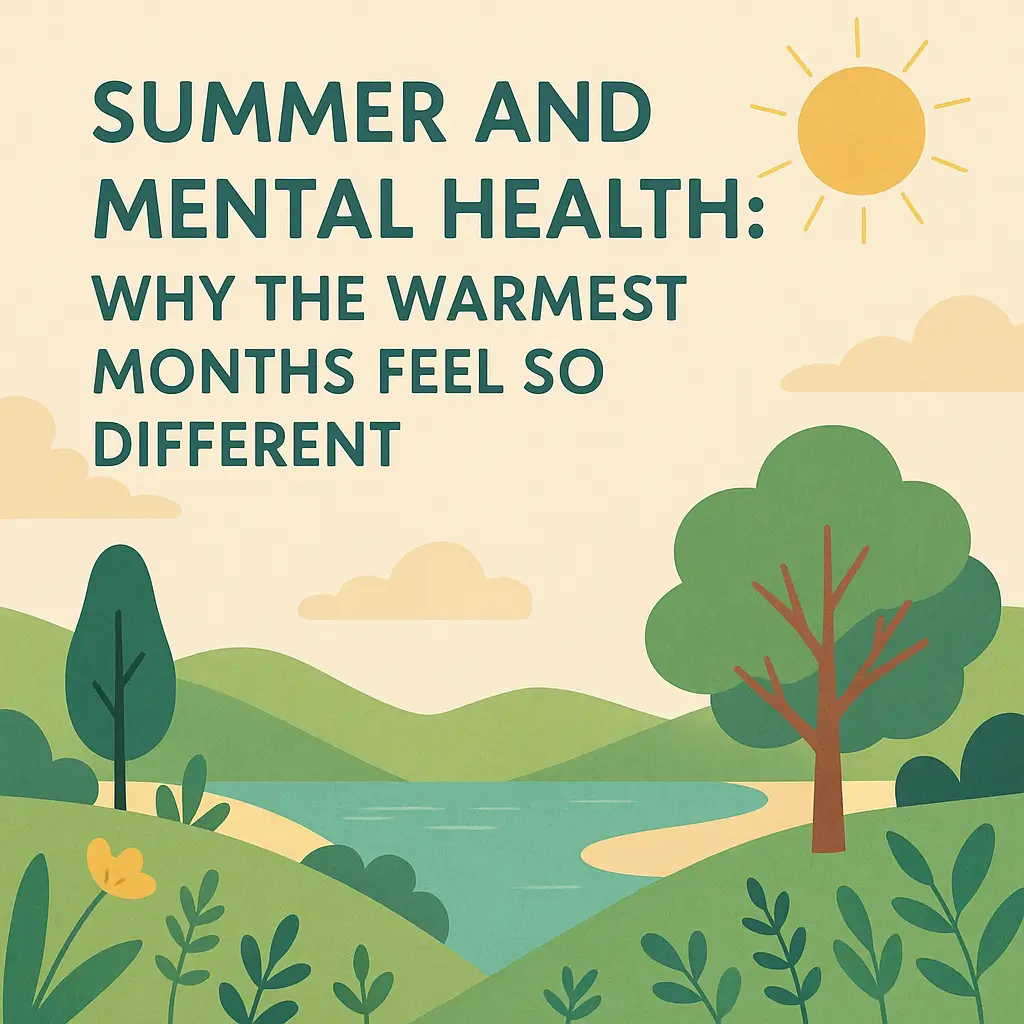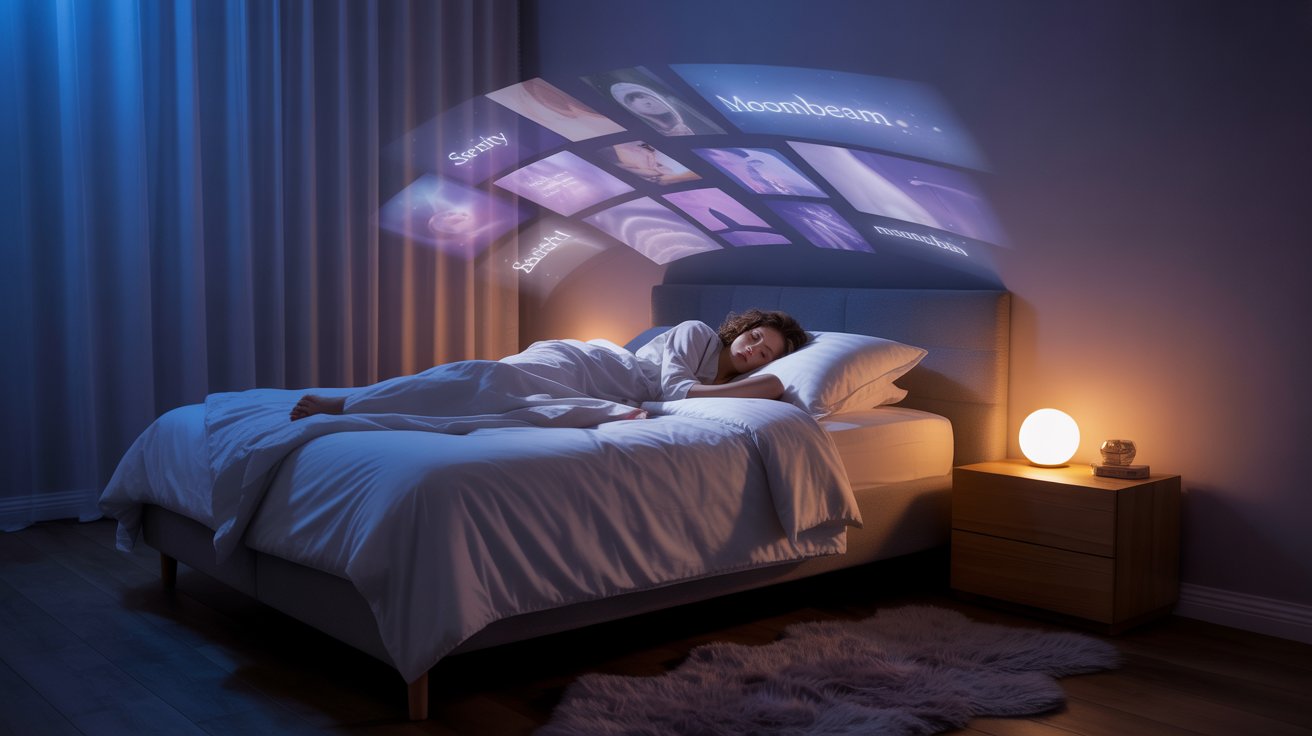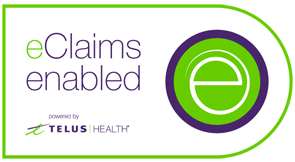Getting enough sleep is crucial for our physical and mental health. However, many people struggle with falling asleep fast, which can lead to chronic sleep deprivation. In this article, we will discuss some effective tips for falling asleep quickly and the recommended number of hours of sleep according to the latest research.
Here are some general tips for falling asleep fast:
- Create a sleep-conducive environment: Make sure that your bedroom is dark, quiet, and cool. This environment will help your body relax and promote better sleep.
- Stick to a consistent sleep schedule: Try to go to bed and wake up at the same time every day, even on weekends. This routine will help regulate your body’s internal clock and promote better sleep.
- Avoid caffeine and alcohol: Avoid consuming caffeine or alcohol for several hours before bedtime, as they can interfere with your ability to fall asleep.
- Exercise regularly: Regular exercise can help promote better sleep but avoid intense workouts close to bedtime.
- Practice relaxation techniques: Incorporate relaxation techniques like meditation or deep breathing into your daily routine to help reduce stress and promote better sleep.
- Avoid electronics: The blue light emitted by electronic devices like smartphones and laptops can interfere with your body’s production of melatonin, a hormone that regulates sleep. Try to avoid using electronic devices for at least an hour before bedtime.
Recommended number of hours of sleep:
The recommended number of hours of sleep varies depending on age and other factors. According to the latest research, the following are the recommended hours of sleep:
- Infants (0-3 months): 14-17 hours per day
- Babies (4-11 months): 12-15 hours per day
- Toddlers (1-2 years): 11-14 hours per day
- Preschoolers (3-5 years): 10-13 hours per day
- School-age children (6-13 years): 9-11 hours per day
- Teenagers (14-17 years): 8-10 hours per day
- Adults (18-64 years): 7-9 hours per day
- Older adults (65 years and older): 7-8 hours per day
It is worth noting that these are general guidelines, and some individuals may require more or less sleep than others. Additionally, other factors like sleep quality and sleep disorders can impact the amount of sleep needed.
But I have been trying but just cannot fall asleep!
Many people struggle with falling asleep quickly despite following good sleep hygiene practices. This is because of several factors, including stress, anxiety, depression, and other medical conditions. Stress and anxiety can make it difficult for people to relax and fall asleep, while depression can affect the quality of sleep. Additionally, conditions like sleep apnea and restless leg syndrome can disrupt sleep patterns and make it challenging to fall asleep.
It is essential to address these underlying issues to promote better sleep. For example, practicing relaxation techniques like meditation or deep breathing can help reduce stress and anxiety. Seeking medical treatment for conditions like sleep apnea or restless leg syndrome can also improve sleep quality and help individuals fall asleep quickly.
Falling asleep fast and getting enough sleep is crucial for our physical and mental health. Establishing a sleep-conducive environment, sticking to a consistent sleep schedule, avoiding caffeine and alcohol, exercising regularly, practicing relaxation techniques, and avoiding electronics can all promote better sleep. The recommended number of hours of sleep varies depending on age and other factors, but it is essential to prioritize good sleep hygiene to ensure optimal health and well-being. If you continue to struggle with falling asleep despite these tips, it is essential to seek professional advice to address underlying issues that may be interfering with your sleep.
One fantastic option is to attend private or group Sleep Skill sessions with STG Health Services. You can learn more about these services here.




